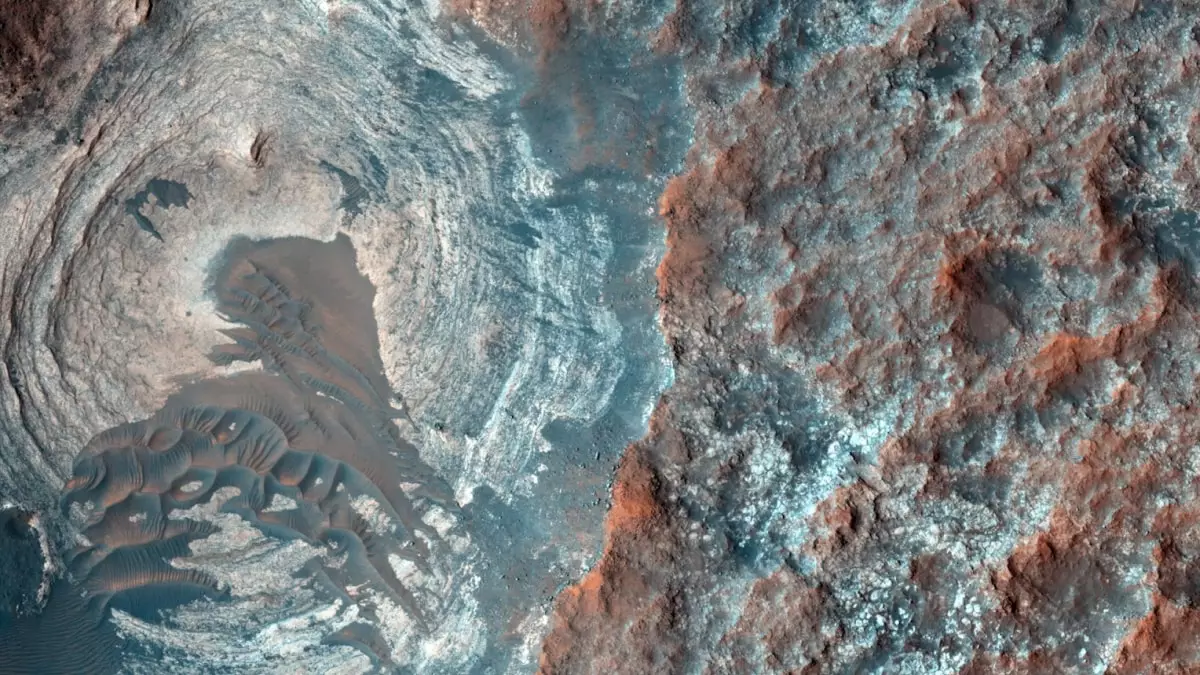In a groundbreaking development, astronomers are utilizing artificial intelligence (AI) to unlock unprecedented levels of precision in deciphering the universe’s fundamental parameters. This innovative approach goes beyond the realms of digital assistants and deepfake technology, signaling a new era in astronomical research. Researchers at the Flatiron Institute’s Center for Computational Astrophysics (CCA) in New York City have successfully leveraged AI to calculate the five cosmological parameters that govern the universe’s structure and evolution.
The five cosmological parameters are essential in defining the universe’s ‘settings,’ essentially dictating how it functions on a grand scale. By employing AI to analyze data from over 100,000 galaxies observed in the Sloan Digital Sky Survey (SDSS), the research team has been able to extract detailed insights that were previously elusive using traditional analysis methods. This approach has enabled astronomers to enhance their understanding of the universe’s complexities, paving the way for new discoveries and breakthroughs in cosmic science.
The traditional methods of analyzing vast amounts of cosmic data have been plagued by challenges such as the sheer volume of information and limitations in extracting valuable knowledge efficiently. However, with the integration of AI, astronomers can now delve into complex datasets with greater accuracy and cost-effectiveness. The AI model was trained on 2,000 simulated universes with varying cosmological settings, preparing it to tackle real-world challenges and uncertainties present in observational data.
One of the significant mysteries that AI-powered cosmology aims to unravel is the Hubble tension, which arises from inconsistencies in different estimates of the Hubble constant. By reducing the uncertainty in measuring the universe’s ‘clumpiness’ by more than half compared to traditional methods, AI has the potential to address these discrepancies and propel our understanding of the universe’s expansion rate forward. This advancement not only refines existing analytical techniques but also opens doors to resolving longstanding cosmic questions.
As new astronomical surveys like the European Euclid survey come online, the AI-powered techniques developed by the CCA team will play a pivotal role in extracting maximum value from these massive datasets. The ability to analyze and interpret vast amounts of cosmic data efficiently represents a significant leap forward in our quest to comprehend the universe’s fundamental parameters. By harnessing the power of AI, astronomers are poised to unlock new insights, push boundaries, and uncover the mysteries of the cosmos like never before.


Leave a Reply